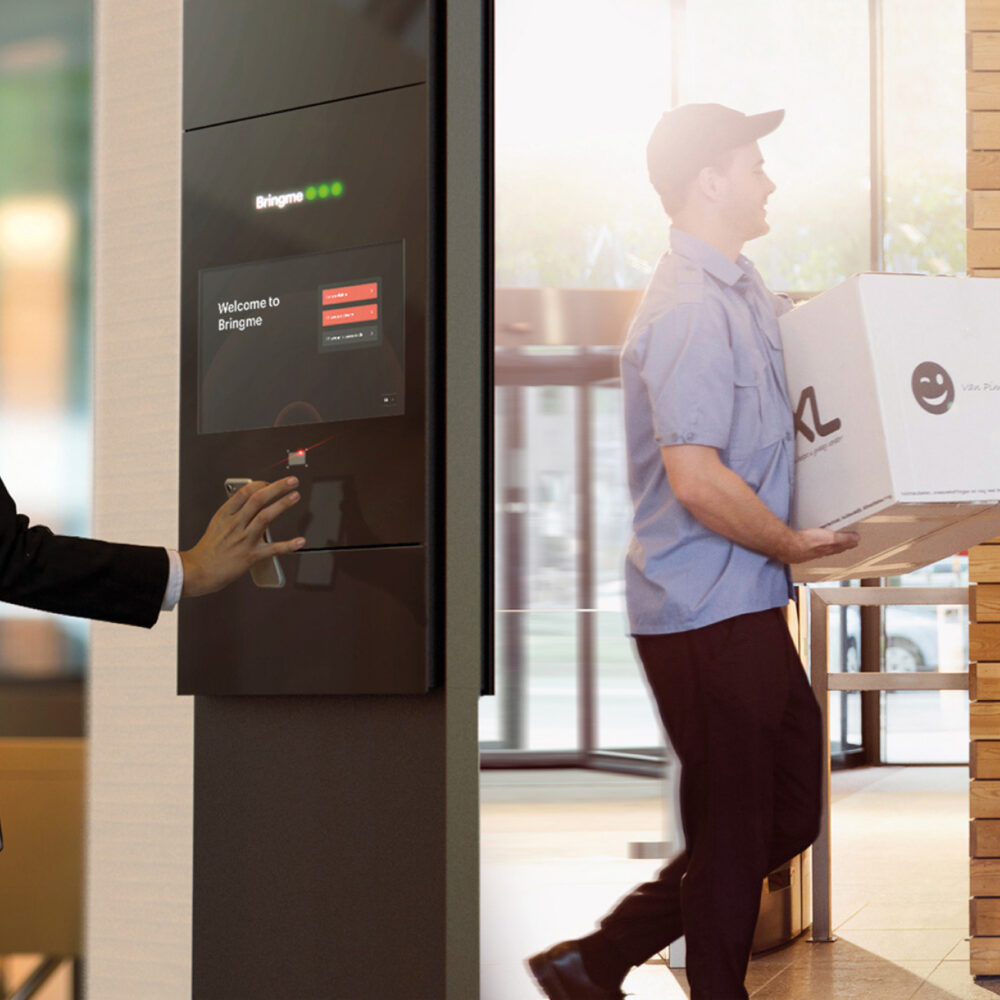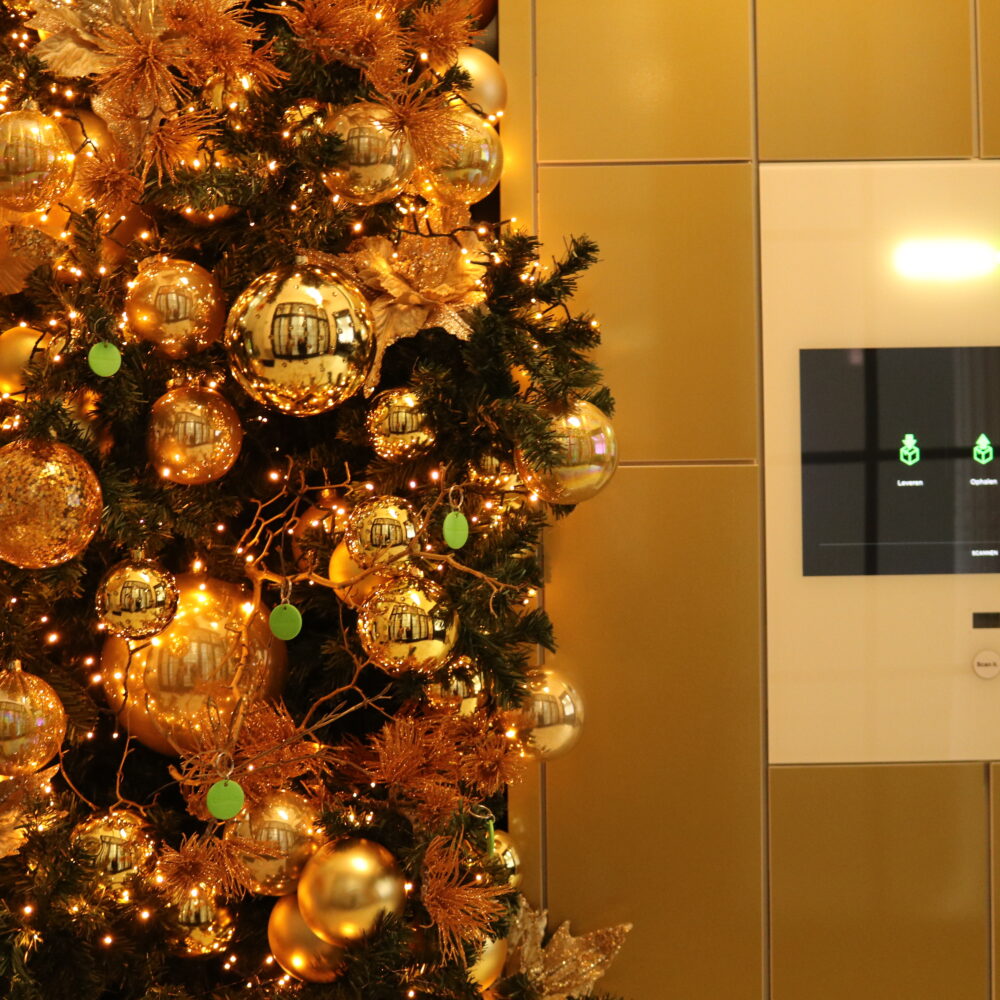The reception area can pose a threat to your employees’ privacy
We shop online en masse and having parcels delivered at work is becoming increasingly popular. However, private parcels in the workplace are a delicate matter. Many companies take draconian measures to protect the data of clients and employees, but the private lives of those same employees are in the balance at the same time.

What could go wrong with private parcels in the workplace?
1. The sender reveals the contents
It all starts with the sender, who reveals the contents of 1 out of 2 deliveries. When it concerns a parcel from a large web shop, the contents are anybody’s guess, but a delivery from ‘almost-mama.be’ is less discreet. You often don’t even have to look at the sender’s name. Web shops use obvious branding when packaging their parcels to shine the spotlight on their brands, but this does impact privacy.
2. The shape of the parcel reveals the purchased product
The sender of the parcel is not discreet, but the shape of the packaging is also often a problem, for example, wine bottles or nappies. As a result, colleagues and visitors don’t even have to guess at what the employee bought.
3. Private parcels can lead to undesirable value judgments
The frequency and nature of orders, such as maternity wear, health products, expensive branded clothing, or second-hand items can give rise to many unnecessary comments. A value judgement can arise about the purchasing power of the colleague and private information is unintentionally exposed.
4. Curious looks give unintended insights
Not only the receptionist has insight into the delivered purchases, but employees who come to pick up their own parcel also unwittingly see their colleagues’ orders. Even worse are visitors who may have looked into the private purchases of employees of the company and talk to their host about this in a well-meaning way.
5. Business and private parcels are a dangerous cocktail
Because both private and business parcels are managed together at the reception desk, there is a real risk that a private parcel will be unintentionally opened by the reception employee or a colleague. A mistake is quickly made, resulting in a violation of the ‘parcel confidentiality’.
The parcel registry is also a problem
The registration and deregistration of parcels are not only repetitive and time-consuming activities, but since it concerns employees’ personal data, it must also fully comply with the GDPR legislation.


